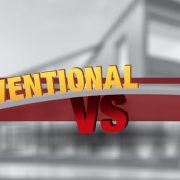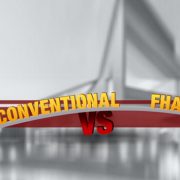Money Saving Tip! How to Pay NO Closing Costs
When purchasing or refinancing a home, closing costs are a part of every transaction. But you don’t necessarily have to be the one paying for them!
The basic closing costs for any real estate transaction include escrow and title fees, lender fees (including appraisal fee), pre-paid interest, property taxes, and insurance. Closing costs, on average, are 1-2% of the purchase price for a purchase loan, and $3k for a refinance.
HOW TO PAY NO CLOSING COSTS:
Sellers, lenders, realtors, and gift donors are all allowed to contribute towards closing costs.
Seller credits can be negotiated as part of the contract negotiations between the buyer and seller.
Lenders have the ability to generate “lender credits” by increasing the interest rate from the going rate.
Realtors are allowed to contribute using their commission (though it rarely happens).
Gift donors are family members who contribute money towards the purchase of the property.
If you have the down payment on a home you want to purchase and are merely missing some or all of the closing costs, don’t let a good deal pass you by. Sellers, lenders, realtors, and family members can all help you get the closing costs paid. Take advantage of the opportunity to get into a property!










